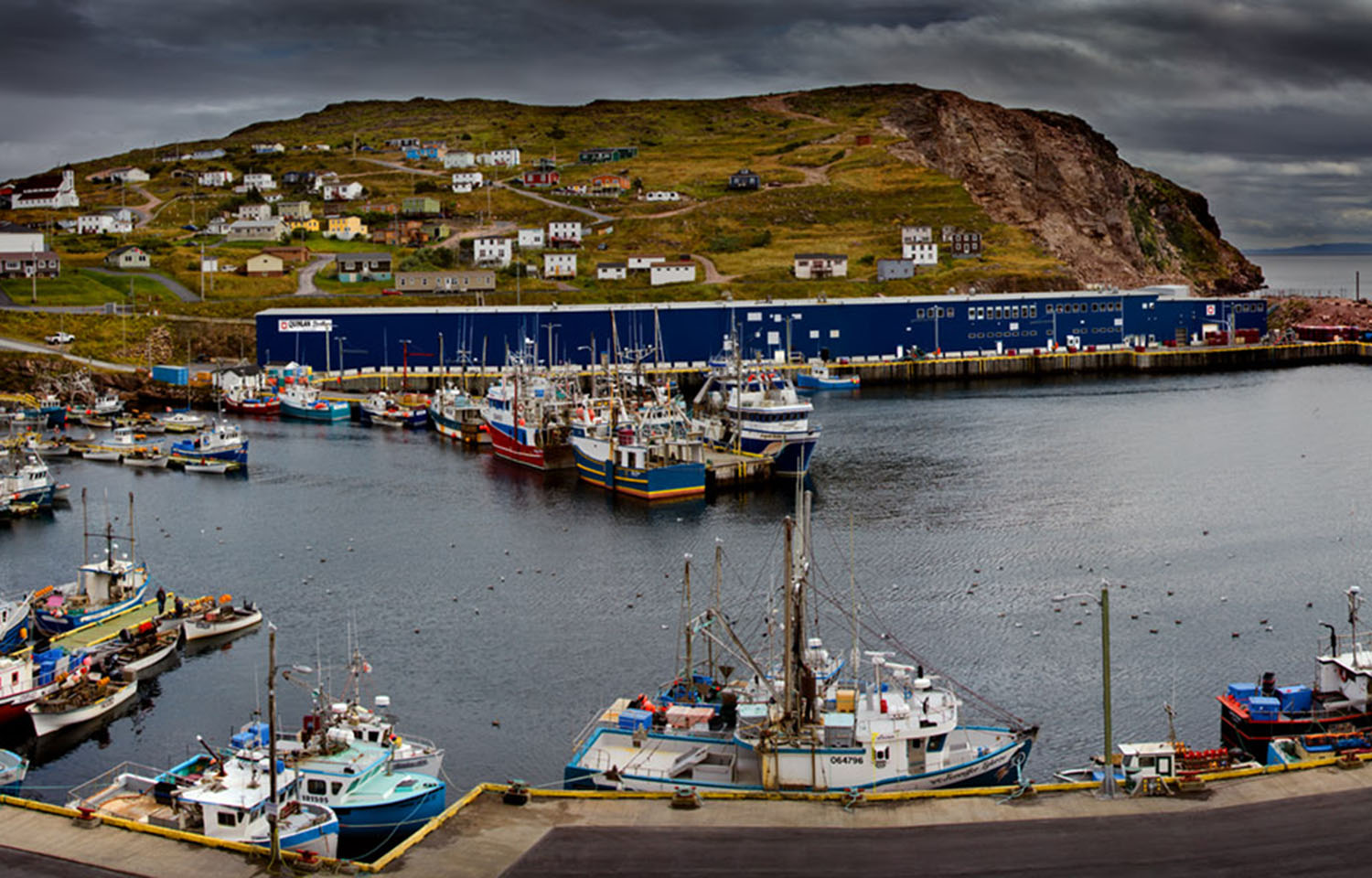The Association of Seafood Producers (ASP), which represents seafood processing companies in the Canadian province of Newfoundland and Labrador, is calling out what it says are issues with a quality assurance program that led to charges against Bay de Verde, Newfoundland-based Quinlan Brothers.
Quinlan Brothers was charged with four yet-to-be-specified offenses after inspections by the Newfoundland Department of Fisheries, Forestry, and Agriculture (DFFA) allegedly discovered the company had processed dead snow crab and moved snow crab while under detention. The charges were raised under the DFFA’s quality assurance program, which has legislative authority to inspect and ensure the quality of seafood in Newfoundland.
“Quality is of utmost importance in maintaining Newfoundland and Labrador’s reputation for seafood in the global market. Holding and handling conditions have a direct impact on the quality of snow crab from the time it comes out of the water until it is processed,” the Newfoundland DFFA said in a release.
The quality assurance program was first introduced in 1996, and covers operating requirements, quality assurance, sanitation requirements, and storage of fish. Included among those requirements are specifications on product types processors must create – snow crab producers, for instance, must process 10 percent of all raw material purchases in a calendar year into either individually scored “snap-and-eat” leg segments, cap-on or cap-off cocktail claws, 907-gram consumer packs, processed meat removed from the shell, or another value-added form approved by the province’s fisheries minister.
That program and its requirements is outdated and currently doing more harm to the seafood industry than good, ASP said.
“The protocols being used by provincial inspectors to determine dead or critically weak crab are outdated and need to be changed,” ASP Executive Director Jeff Loder said. “Regulations being enforced by DFFA inspectors are resulting in unnecessary wastage of good product at a time when food insecurity is a global issue.”
Loder said unwarranted charges related to the protocols are costing Canadian companies money and damaging reputations for an issue that doesn’t exist.
“Seafood producers have invested millions of dollars in technology, certification, quality assurance systems and transparency in the seafood producing industry,” ASP said. “Producers along with the provincial government have made significant investments specific to snow crab, and these outdated protocols and the recent circulation of inaccurate information are leading to negative impacts for harvesters, seafood producers, plant workers, and others who rely on the seafood industry for their livelihoods.”
ASP said the seafood industry contributes over CAD 1 billion (USD 721 million, EUR 669 million) in economic value to the province annually, and 14 of ASP's 26 members are involved with snow crab. More than CAD 368 million (USD 265 million, EUR 246 million) worth of snow crab has been caught thus far in 2024 in Newfoundland and Labrador, according to Canada’s Department of Fisheries and Oceans.








